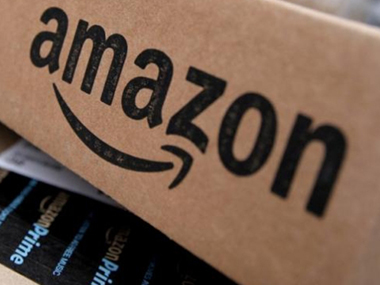Have you ever encountered a whole host of branded products on e-commerce websites like Amazon, Flipkart, e-Bay and even Snapdeal that have been rated an average of one or two stars, with a number of reviews complaining about the product? Well, you’re not alone and it’s a far more common occurrence than you might initially believe. It seems like sellers of
**fake or unreliable products** are thriving on e-commerce platforms across the board. [caption id=“attachment_4078129” align=“alignleft” width=“380”] Image: Reuters[/caption] According to
an investigation by brand investigators, the problem of unreliable sellers selling poor quality products on e-commerce websites is not new and it is not isolated to a small segment of products. Instead, it is spread across the e-commerce industry with several people reporting of receiving fake products and even bars of soap and mangoes instead of the phones they ordered. Reporters from News18 accompanied the brand investigators on one such raid and noted that, “more than 60 percent of the sports goods available online are counterfeit.” It is not limited to sports good and extends to 40 percent of apparels. According to the report, the team conducted a raid where they recovered “a large number of
**fake products** ”. The majority of recovered products were fake and were being sold on e-commerce websites such as Snapdeal, Flipkart and Shopclues. The report pointed out that fake NIVIA and COSCO balls were sold online at marked up prices after being purchased from nearby places. This is not all. It was also discovered that the MRP was listed at Rs 900-1,000 and they were sold at Rs 450-500 with a 50-60 percent discount. All this while the original price was Rs 170-200. [caption id=“attachment_4234911” align=“alignnone” width=“1280”]
A view of the new Amazon logistic center with the company’s logo in Dortmund, Germany. Image: Reuters[/caption] The report also points out that these sellers, along with the e-commerce companies, are using loopholes in section 79 of the Indian Information Technology Act. Most of the cases are not resolved as the e-commerce companies shift the blame on the sellers and don’t take any concrete actions in the case of such events. There is no official remedy by law when a buyer finds himself/herself in such a situation. In such a case, it’s always a good idea to check out the reviews and it’s better to stay away from the products that are not sold by their official Amazon channel or if there are no reviews or ratings given by users. It’s also a good idea to check on other e-commerce websites to verify the specifications and product details. Last but not the least, it’s always a good idea to check the seller rating on Amazon and eBay to check their track record. However, if you still manage to get cheated with a fake product, it’s always a good idea to make use of the platforms’ return policy to return the fake product. Most major ecommerce platforms have a no-questions-asked return policy, so make full use of it. Also, be sure to file a report against the seller if you find that you’ve been cheated. You should also check beforehand to confirm if the products that you are buying can be returned and whether the seller supports refunds and returns.
If you inadvertently buy a fake product, it’s always a good idea to make use of the product return policy on the ecommerce website you bought it from.
Advertisement
End of Article


)
)
)
)
)
)
)
)
)



